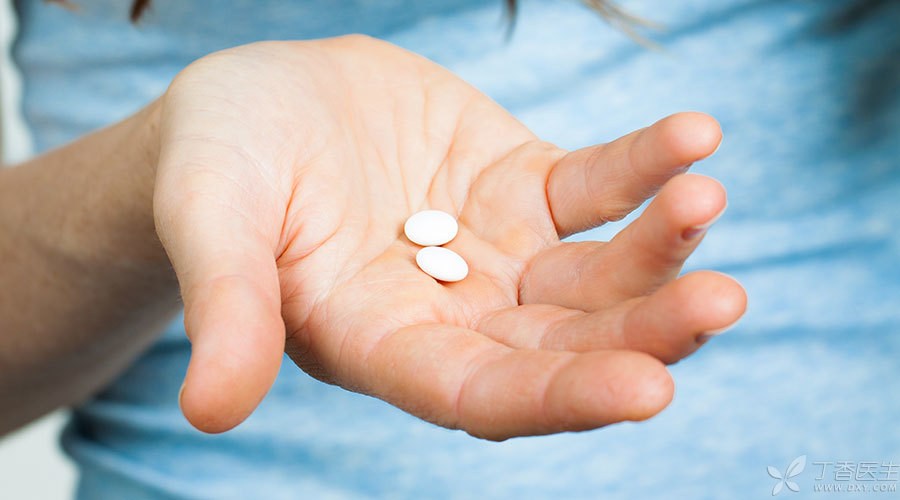
When catching a cold, a kind-hearted person said: Take some anti-inflammatory drugs and get better quickly.
When coughing, another kind-hearted person said: Take some anti-inflammatory drugs to get better quickly.
When tonsil inflammation occurs, another kind-hearted person said: Take some anti-inflammatory drugs to get better quickly.
Dr. Clove estimated that everyone had experienced these scenes.
But in fact, this is a representative phenomenon of drug abuse: abuse of antibiotics.
On the issue of taking antibiotics as anti-inflammatory drugs, Dr. Clove felt that it was not too many times to say it, so he would tell you again today.
Anti-inflammatory drugs are actually a [folk concept]
People often say that [anti-inflammatory drugs] are not actually a medical concept.
If we must talk about anti-inflammatory drugs, we can only understand them literally. Anti-inflammatory drugs should refer to drugs that eliminate inflammation.
Roughly speaking, the typical manifestations of inflammation are nothing more than [redness, swelling, heat and pain], so the drug closest to this concept is [antipyretic and analgesic] drugs.
For example, ibuprofen is a typical antipyretic and analgesic, which can directly resist fever and pain and is regarded as an anti-inflammatory drug.
Some hormones also have anti-inflammatory effects and are usually used under the guidance of doctors, not to mention here.
However, antibiotics are different. They can fight against some bacteria that cause diseases, directly treat the causes of diseases, and do not remove [anti-inflammatory], so antibiotics are not [anti-inflammatory drugs].
If you don’t understand, remember this sentence:
The relationship between anti-inflammatory drugs and antibiotics is similar to [Tchaikovsky and bus drivers]. It is always right not to eat indiscriminately.
Taking antibiotics as anti-inflammatory drugs will only pit oneself.

In fact, the abuse of antibiotics is a problem all over the world, and the consequence of the abuse of antibiotics is bacterial drug resistance.
In popular terms, once bacterial drug resistance is formed, many originally effective drugs will gradually become ineffective.
I believe you also don’t want to be hopeless when you encounter bacterial infection in the future.
With one move, anti-inflammatory drugs can be distinguished from antibiotics.
Some friends may ask, with so many drug names, how do you know which is an antibiotic and which is an antipyretic and analgesic anti-inflammatory drug?
Dr. Clove taught everyone a trick: read the instructions.
The instructions for antibiotics will contain the words [have good antibacterial effect on so-and-so bacteria], while antipyretic and analgesic anti-inflammatory drugs do not exist, which can be distinguished by this.
People who really need antibiotics must remember 3 things.

That is:
Don’t feel that you don’t take medicine when you are well. You must take medicine according to the course of treatment.
Don’t feel that you don’t take medicine when you are well. You must take medicine according to the course of treatment.
Don’t feel that you don’t take medicine when you are well. You must take medicine according to the course of treatment.
Infected bacteria are ill and need to take medicine. After taking it for two days, I feel a little better. I don’t take it for fear of the so-called [side effects]. We are all familiar with this situation.
In fact, this is a pit for oneself.
Because bacteria are like Xiaoqiang who cannot be killed. When dealing with them with antibiotics, if they do not [implicate nine families and kill them all] and develop drug resistance, they will learn lessons and make a comeback, and every time they do it again, they will be much more severe than the previous one. By then, we will be dumbfounded.
So, how long should I take the medicine?
In fact, the antibiotic instructions generally state the treatment cycle. Please do not take less than this time and do not stop taking drugs casually.
In addition, the doctor will also explain the time of taking the medicine, so everyone should obey.
